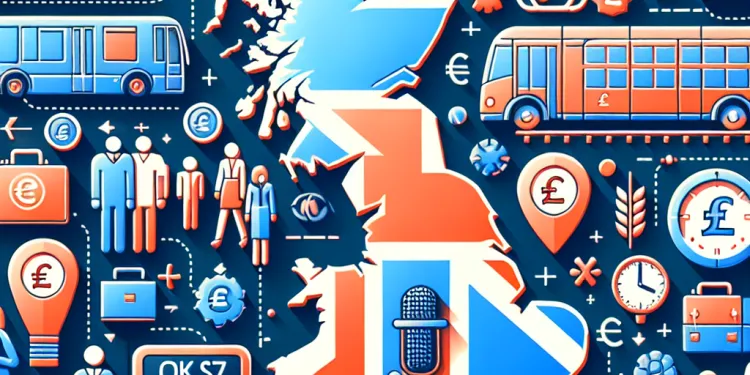
Find Help
More Items From Ergsy search
-
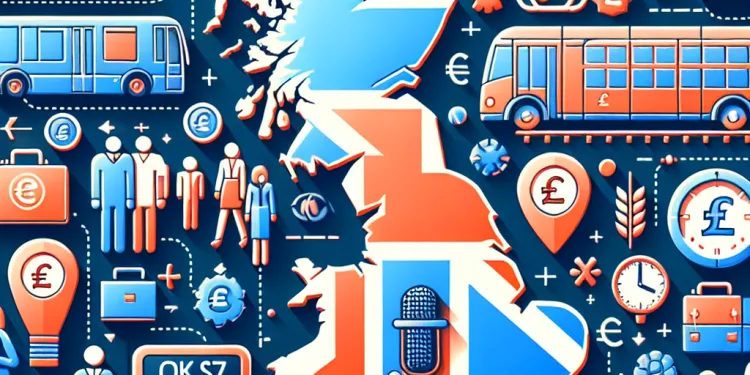
Public Transport Fare Changes: Implications for Commuters Across the UK
Relevance: 100%
-

What alternative transportation options exist for seniors who can no longer drive?
Relevance: 33%
-
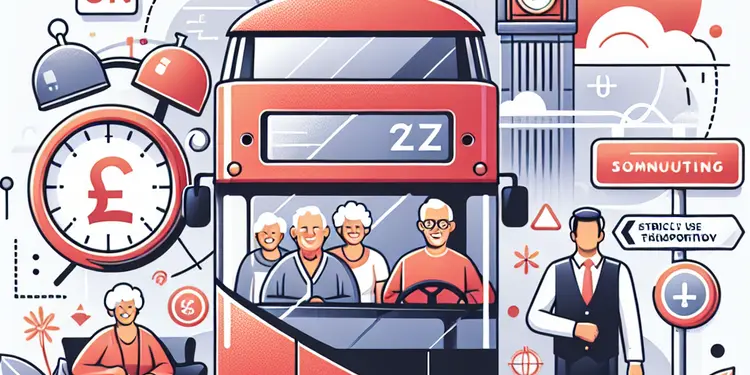
Are there transportation services available for seniors?
Relevance: 30%
-
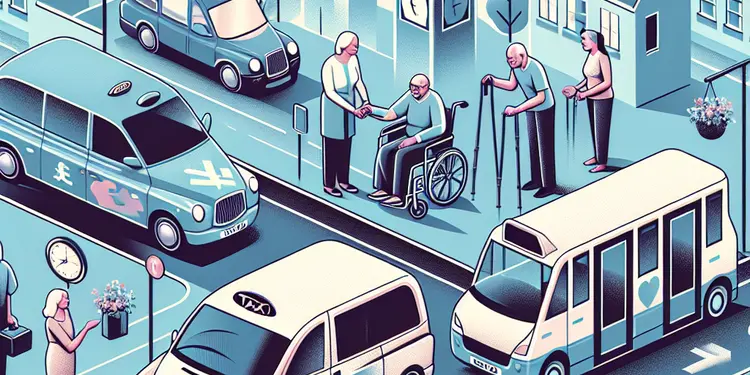
What transportation services are available for Alzheimer's patients and their carers?
Relevance: 29%
-
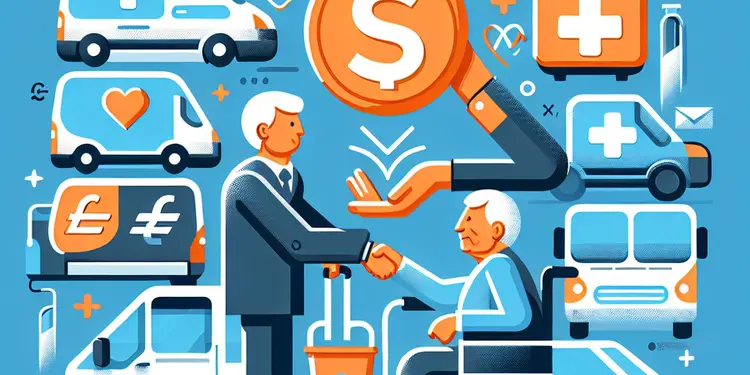
Do live-in caregivers assist with transportation?
Relevance: 27%
-
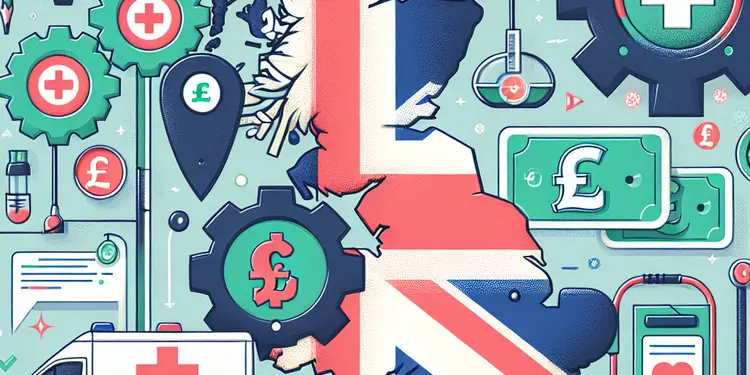
Are there regulations on transporting the body before the funeral?
Relevance: 27%
-

Are there implications for student loan repayments with 2026 changes?
Relevance: 26%
-

What are the strategic implications of the US leaving WHO?
Relevance: 24%
-

Public Sector Pension Changes | McCloud Judgement | NHS Pensions etc.
Relevance: 24%
-
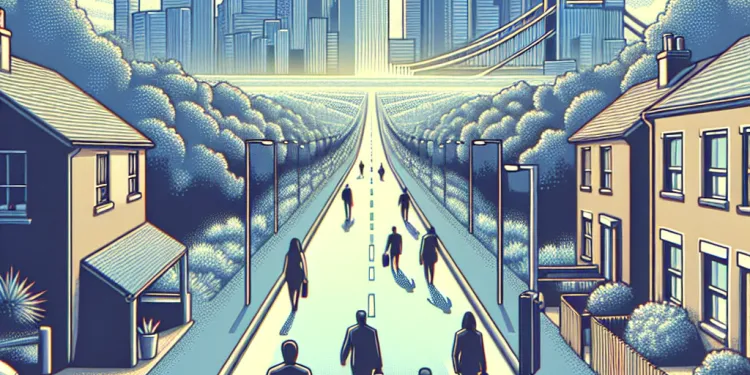
What if my walk to work is too long?
Relevance: 23%
-

What is a public health funeral?
Relevance: 22%
-

What are the financial implications of water loss for the UK?
Relevance: 22%
-

What are the financial implications of the US leaving WHO?
Relevance: 20%
-

Are there further changes expected after 2026?
Relevance: 19%
-

Can you use nicotine pouches discreetly in public places?
Relevance: 19%
-
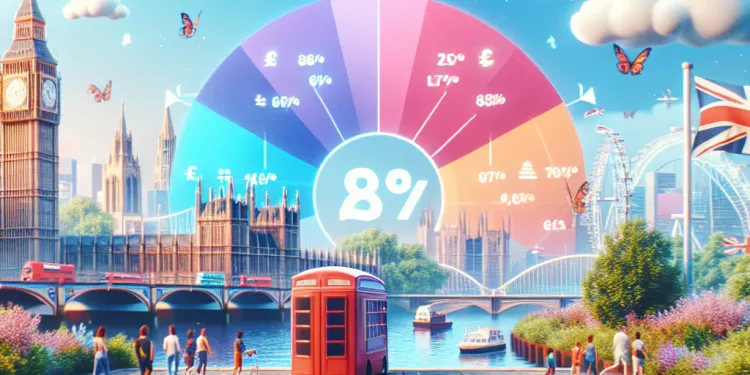
Is UK air quality changing?
Relevance: 18%
-

Is there public support for the social media ban in Australia?
Relevance: 18%
-

What impact does leaving WHO have on US public health policy?
Relevance: 18%
-

Why is there a call for public consultation regarding the cuts?
Relevance: 18%
-

Walking to Work: A Simple Habit That Could Transform Your Lifestyle
Relevance: 18%
-
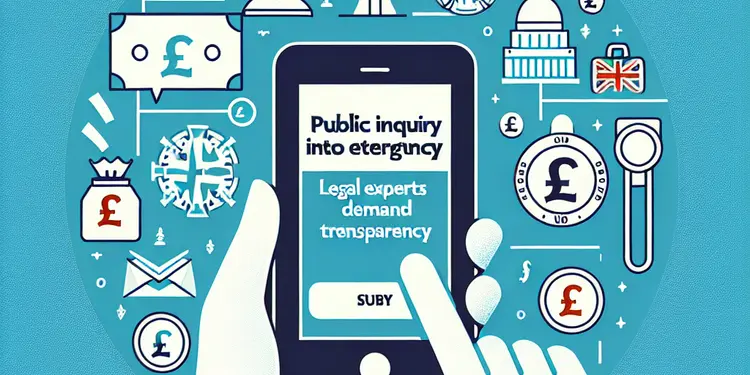
Public Inquiry into States of Emergency: Legal Experts Demand Transparency
Relevance: 18%
-

How will dividend taxation change in April 2026?
Relevance: 17%
-

Understanding the Impact of Rising Living Costs on Family Welfare
Relevance: 17%
-
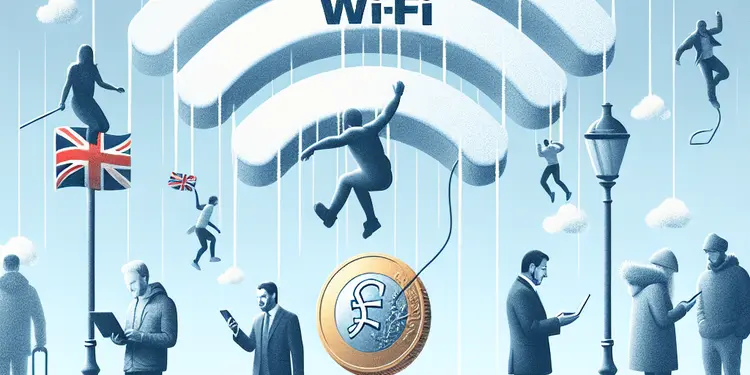
What are the risks of using public Wi-Fi?
Relevance: 17%
-

Can the Attorney General of the UK make decisions on public prosecution matters?
Relevance: 16%
-

Is public safety a consideration in indefinite sentencing?
Relevance: 16%
-
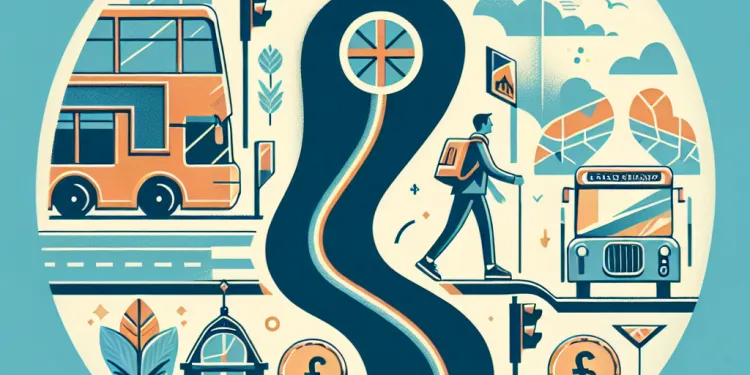
What should I do if my route to work lacks sidewalks?
Relevance: 16%
-

Is it safe to use public Wi-Fi to check my email?
Relevance: 16%
-
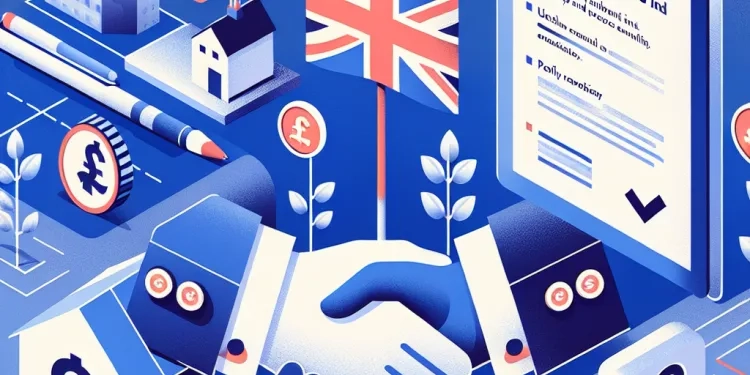
Is there a difference in responsibility between public and private land?
Relevance: 16%
-

Are there changes regarding advertising e-cigarettes?
Relevance: 16%
-

Are climate changes affecting mosquito populations in the UK?
Relevance: 16%
-
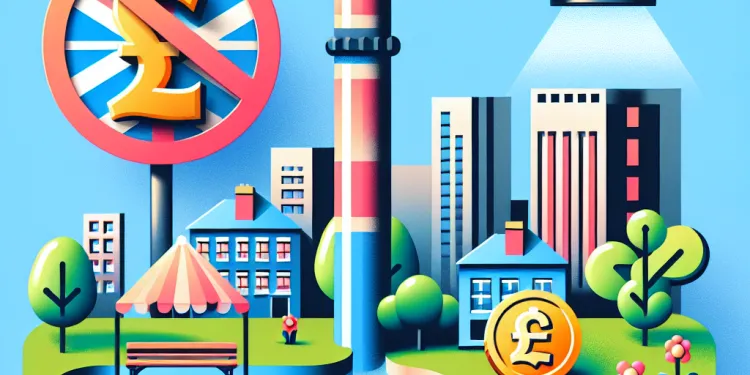
Do hosepipe bans apply to public parks and gardens?
Relevance: 16%
-

Will there be a change in the additional rate threshold in April 2026?
Relevance: 16%
-

Are there any changes to the driving license categories?
Relevance: 16%
-
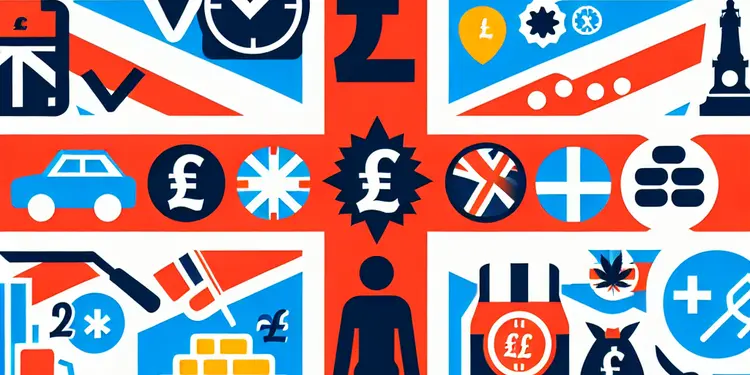
How does the sugar tax align with public health strategies?
Relevance: 16%
-
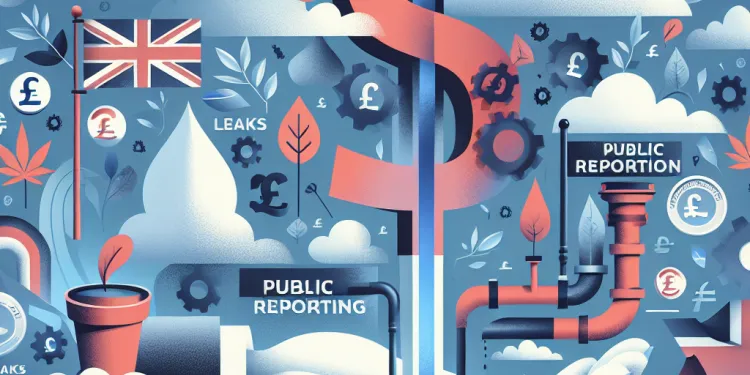
How does public reporting contribute to fixing leaks?
Relevance: 15%
-
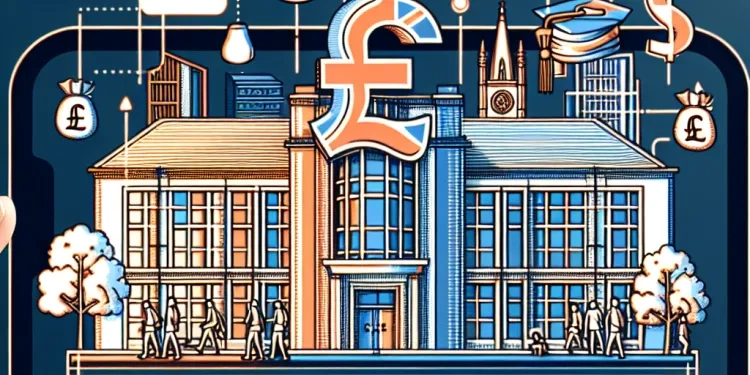
What are the implications for student housing?
Relevance: 15%
-

Why are Nipah Virus outbreaks considered a public health concern?
Relevance: 15%
-

What are HMRC Income Tax Changes in April 2026?
Relevance: 15%
-

When will the new HMRC tax changes be officially confirmed?
Relevance: 15%
Introduction
Public transport is a vital part of daily life for millions of commuters across the United Kingdom. Any changes in public transport fares have wide-reaching implications on household budgets and commuting patterns. Recent fare adjustments have sparked discussions on their impact on commuters, public transport usage, and broader economic effects.
Recent Fare Changes
In recent months, many regions across the UK have seen increases in public transport fares. These changes are often attributed to rising operational costs, inflation, and the need for infrastructure improvements. Rail fares, for example, have seen a standardized increase across many services, while bus fares have also experienced significant adjustments. These changes aim to balance the need for quality services with financial sustainability.
Impact on Commuters
The increase in public transport fares has a direct effect on the cost of living for many commuters. For daily travelers, especially those residing in metropolitan areas, higher fares mean increased monthly commuting costs. This is particularly challenging for low to middle-income households who already spend a significant portion of their income on transportation. Some commuters may begin considering alternative transportation modes, such as cycling or carpooling, to mitigate costs, while others might reduce non-essential travel.
Accessibility and Equity Concerns
Fare increases also raise concerns about accessibility and equity. Public transport is a lifeline for those without access to private vehicles. Higher costs can disproportionately affect vulnerable groups, including the elderly, students, and individuals on fixed incomes. Ensuring that public transportation remains affordable and accessible is crucial to preventing social and economic disparities from widening.
Economic Implications
Beyond personal finances, fare changes impact the broader economy. Higher costs might reduce public transport usage, leading to increased traffic congestion and environmental pollution if more commuters opt for private vehicles. Furthermore, reduced usage can lower income for transport services, potentially triggering a cycle of fare hikes and service reductions. On the flip side, if managed well, fare increases can lead to improved services and infrastructure, contributing positively to the economy by enhancing mobility.
Conclusion
Public transport fare changes are a complex issue with significant consequences for commuters across the UK. Balancing the need for sustainable transport systems with affordability and accessibility is crucial. Policymakers must consider the diverse impacts of fare adjustments, ensuring that public transport remains an equitable and efficient means of travel for all. As debates continue, the voice of commuters must play a central role in shaping the future of public transport policies.
Introduction
Public transport, like buses and trains, is very important for many people in the UK. When tickets cost more, it can change how people use transport and how much money they have to spend. People are talking a lot about how these changes affect everyone who travels.
Recent Fare Changes
Recently, the prices for buses and trains have gone up in many parts of the UK. This is because it costs more to run these services and to fix things when they break. The increase is to help keep the service running well. Train tickets have gone up in many places. Bus tickets have also increased.
Impact on Commuters
When tickets cost more, people have to spend more money to get to work or school. This is hard for families who do not have much money. Some people might try other ways to travel, like biking to work or sharing a car with friends. Others may not travel as often if they can help it.
Accessibility and Equity Concerns
When prices go up, it can be tough for people who depend on public transport. This includes older people, students, and those who do not make much money. It is important to keep transport affordable for everyone so that everyone can use it without a problem.
Economic Implications
Higher ticket prices can affect more than just us. If fewer people use buses and trains, there might be more cars on the road, which can cause traffic and pollution. But, if done right, the money from the higher prices can help improve transport and make it better for everyone.
Conclusion
Changing how much tickets cost is a big decision. It affects everyone who travels. It is important to make sure transport stays cheap and easy for all to use. People making these decisions should listen to the public and think about how it affects everyone. We need to make sure travelling by public transport stays a good option for getting around.
Frequently Asked Questions
Useful Links
This website offers general information and is not a substitute for professional advice.
Always seek guidance from qualified professionals.
If you have any medical concerns or need urgent help, contact a healthcare professional or emergency services immediately.
- Ergsy carfully checks the information in the videos we provide here.
- Videos shown by Youtube after a video has completed, have NOT been reviewed by ERGSY.
- To view, click the arrow in centre of video.
- Most of the videos you find here will have subtitles and/or closed captions available.
- You may need to turn these on, and choose your preferred language.
- Go to the video you'd like to watch.
- If closed captions (CC) are available, settings will be visible on the bottom right of the video player.
- To turn on Captions, click settings .
- To turn off Captions, click settings again.
More Items From Ergsy search
-

Public Transport Fare Changes: Implications for Commuters Across the UK
Relevance: 100%
-

What alternative transportation options exist for seniors who can no longer drive?
Relevance: 33%
-

Are there transportation services available for seniors?
Relevance: 30%
-

What transportation services are available for Alzheimer's patients and their carers?
Relevance: 29%
-

Do live-in caregivers assist with transportation?
Relevance: 27%
-

Are there regulations on transporting the body before the funeral?
Relevance: 27%
-

Are there implications for student loan repayments with 2026 changes?
Relevance: 26%
-

What are the strategic implications of the US leaving WHO?
Relevance: 24%
-

Public Sector Pension Changes | McCloud Judgement | NHS Pensions etc.
Relevance: 24%
-

What if my walk to work is too long?
Relevance: 23%
-

What is a public health funeral?
Relevance: 22%
-

What are the financial implications of water loss for the UK?
Relevance: 22%
-

What are the financial implications of the US leaving WHO?
Relevance: 20%
-

Are there further changes expected after 2026?
Relevance: 19%
-

Can you use nicotine pouches discreetly in public places?
Relevance: 19%
-

Is UK air quality changing?
Relevance: 18%
-

Is there public support for the social media ban in Australia?
Relevance: 18%
-

What impact does leaving WHO have on US public health policy?
Relevance: 18%
-

Why is there a call for public consultation regarding the cuts?
Relevance: 18%
-

Walking to Work: A Simple Habit That Could Transform Your Lifestyle
Relevance: 18%
-

Public Inquiry into States of Emergency: Legal Experts Demand Transparency
Relevance: 18%
-

How will dividend taxation change in April 2026?
Relevance: 17%
-

Understanding the Impact of Rising Living Costs on Family Welfare
Relevance: 17%
-

What are the risks of using public Wi-Fi?
Relevance: 17%
-

Can the Attorney General of the UK make decisions on public prosecution matters?
Relevance: 16%
-

Is public safety a consideration in indefinite sentencing?
Relevance: 16%
-

What should I do if my route to work lacks sidewalks?
Relevance: 16%
-

Is it safe to use public Wi-Fi to check my email?
Relevance: 16%
-

Is there a difference in responsibility between public and private land?
Relevance: 16%
-

Are there changes regarding advertising e-cigarettes?
Relevance: 16%
-

Are climate changes affecting mosquito populations in the UK?
Relevance: 16%
-

Do hosepipe bans apply to public parks and gardens?
Relevance: 16%
-

Will there be a change in the additional rate threshold in April 2026?
Relevance: 16%
-

Are there any changes to the driving license categories?
Relevance: 16%
-

How does the sugar tax align with public health strategies?
Relevance: 16%
-

How does public reporting contribute to fixing leaks?
Relevance: 15%
-

What are the implications for student housing?
Relevance: 15%
-

Why are Nipah Virus outbreaks considered a public health concern?
Relevance: 15%
-

What are HMRC Income Tax Changes in April 2026?
Relevance: 15%
-

When will the new HMRC tax changes be officially confirmed?
Relevance: 15%


